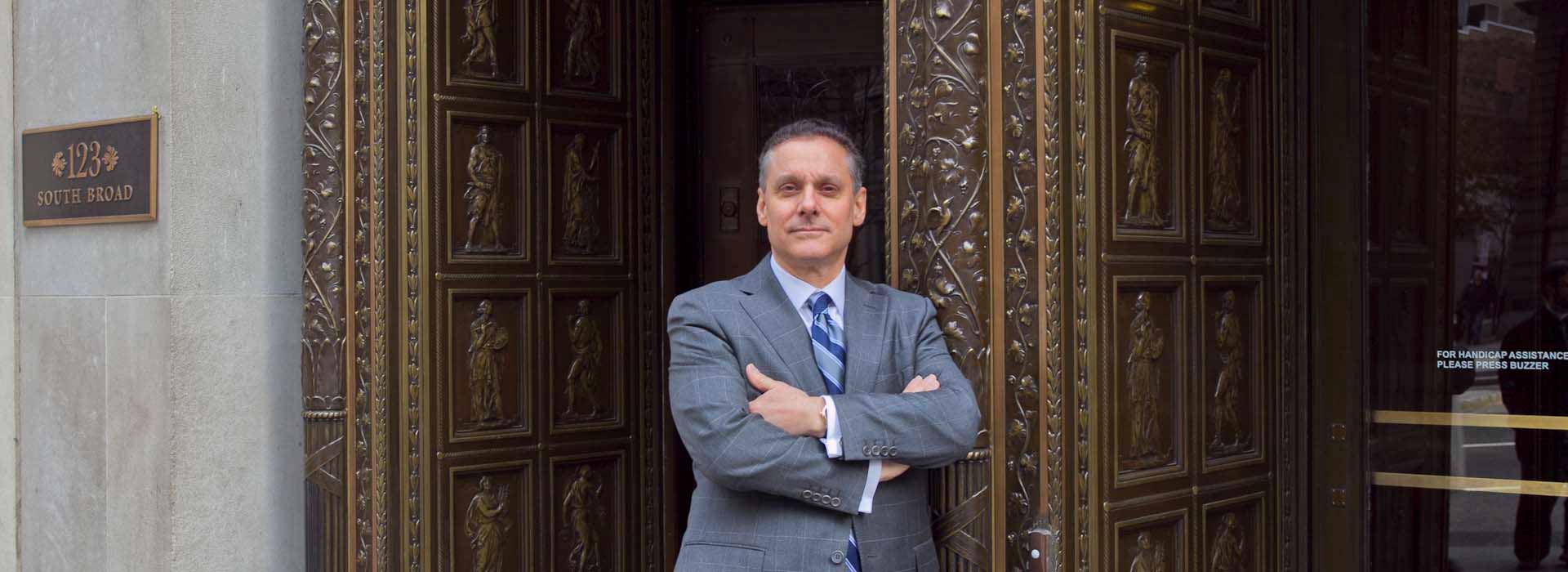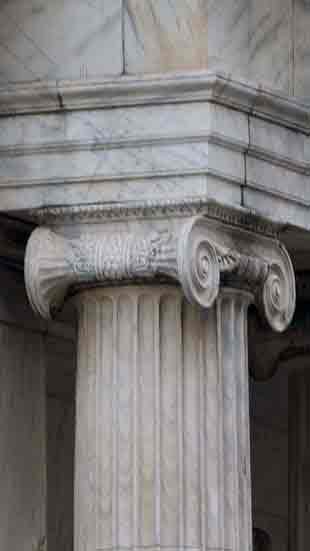Mancano Law, PLLC recognizes that results count. Below is a small sample of matters in which Mr. Mancano has successfully represented clients. Many of his most successful representations, however, occur “behind the scenes” or outside the “public record.” Because he values his clients’ privacy and is professionally obliged to protect confidential client information, he cannot report on some of our most significant successes.
Mancano Law, PLLC Notable Cases...
United States v. Patrick Squires, et al.
On January 28, 2016, following a two-week trial, Joseph D. Mancano, achieved a complete victory for Patrick M. Squires, when a federal court jury in Philadelphia found Mr. Squires not guilty of conspiracy and wire fraud charges. In the matter of United States v. Squires, et al. (Docket No. 15-424), Mr. Squires, a distributor of various custodial and maintenance supplies and services was charged with conspiracy with the maintenance director of the Bristol Township School District to direct business to Mr. Squires and avoid School District purchasing rules. The government also accused Mr. Squires of attempting to conceal his involvement with various of his companies that received work from the School District. At trial, it was established that the investigators ignored exculpatory evidence and avenues of investigation that, if pursued, would have demonstrated Mr. Squires’ innocence.
After five (5) hours of deliberation, the jury acquitted Mr. Squires on all charges.
Owner of Personal Care Home Vindicated
Commonwealth of Pennsylvania v. Mina Panah
Joseph Mancano represented the owner of a licensed personal care home charged by the Pennsylvania Attorney General with neglect of a care-dependent person, a felony offense in Pennsylvania. The charges were brought when a resident of the home suffering from severe diabetes, developed diabetic ketoacidosis that resulted in the amputation of his leg. The Attorney General alleged that the home’s owner failed to properly monitor the resident’s diabetes and afford appropriate medical care. The home’s owner was a young wife and mother with no prior history of criminal behavior or regulatory violations. A conviction would have meant a jail sentence, loss of license for the personal care home, and serious financial penalties.
Following an unprecedented three-day preliminary hearing, where the court allowed extensive cross-examination of government witnesses and presentation of defense evidence, the court dismissed the felony charges. Immediately after the hearing, the Attorney General voluntarily dismissed the remaining misdemeanor offenses resulting in complete vindication for the home’s owner.
Undercover Sting Exposed
United States v. Kobeski and M. Brizer and Company, Inc.
The U.S. Department of Agriculture ran a fourteen-month undercover “sting” operation in Northeastern Pennsylvania that nabbed five meat processing plants and eleven plant operators for processing and selling beef unfit for human consumption. Joseph Mancano represented one of the plant operators, Francis Kobeski and his company, M. Brizer and Company, Inc., both caught in the sting dubbed “Operation Roundup.” According to the government, Kobeski and his company conspired with a corrupt on-site USDA inspector who branded the unfit meat as having passed inspection. The government claimed that the inspector received money from Kobeski to look the other way.
The “sting” involved sending an undercover USDA agent into the meat plant with medicated cows to see if Kobeski and the inspector would accept the livestock for slaughter. After the livestock was accepted for slaughter, Kobeski, Brizer, and the alleged corrupt on-site inspector were indicted.
Joseph Mancano and his defense team launched an intensive investigation that lasted several months to determine what happened. The defense concluded that the undercover agent knowingly withheld information that would have exonerated Kobeski and Brizer from the U.S. Attorney. Mr. Mancano presented evidence about the agent’s misconduct to the U.S. Attorney, who then asked the court to dismiss all charges. Shortly before the scheduled trial, the court dismissed the charges and publicly criticized the USDA for its actions.


